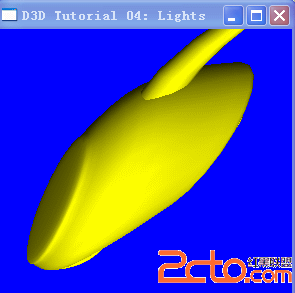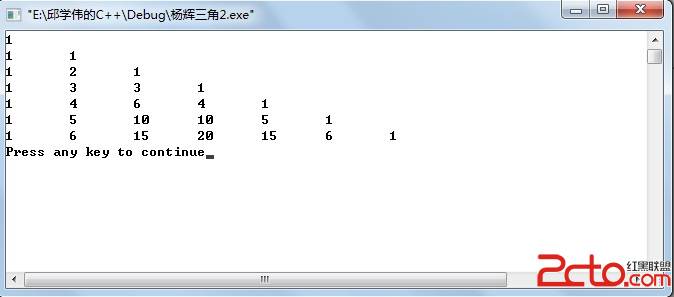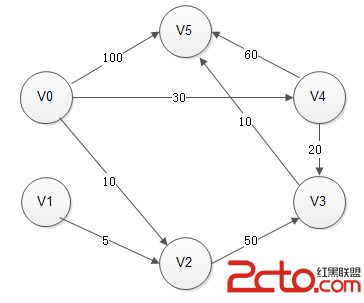C++中组合类的初始化:冒号语法(常数据成员和引用成员的初始化)
//============================================================================
// Name : main.cpp
// Author : ShiGuang
// Version :
// Copyright : sg131971@qq.com
// Description : Hello World in C++, Ansi-style
//============================================================================
#include <iostream>
#include<string>
using namespace std;
class Student
{
int semesHours;
float gpa;
public:
Student(int i)
{
cout << "constructing student.\n";
semesHours = i;
gpa = 3.5;
}
~Student()
{
cout << "~Student\n";
}
};
class Teacher
{
string name;
public:
Teacher(string p)
{
name = p;
cout << "constructing teacher.\n";
}
~Teacher()
{
cout << "~Teacher\n";
}
};
class TutorPair
{
public:
TutorPair(int i, int j, string p) :
teacher(p), student(j)
{
cout << "constructing tutorpair.\n";
noMeetings = i;
}
~TutorPair()
{
cout << "~TutorPair\n";
}
protected:
Student student;
Teacher teacher;
int noMeetings;
};
int main(int argc, char **argv)
{
TutorPair tp(5, 20, "Jane");
cout << "back in main.\n";
return 0;
}
注意:程序里面的赋值方式,以及构造函数析构函数的调用次序。
constructing student.
constructing teacher.
constructing tutorpair.
back in main.
~TutorPair
~Teacher
~Student
另外:构造函数初始化常数据成员和引用成员。
//============================================================================
// Name : main.cpp
// Author : ShiGuang
// Version :
// Copyright : sg131971@qq.com
// Description : Hello World in C++, Ansi-style
//============================================================================
#include <iostream>
#include <string>
using namespace std;
class Student
{
public:
Student(int s, int &k) :
i(s), j(k)
{
} //不可以直接赋值
void p()
{
cout << i << endl;
cout << j << endl;
}
protected:
const int i;
int &j;
};
int main(int argc, char **argv)
{
int c = 123;
Student s(9818, c);
s.p();
return 0;
}
9818
123
摘自 sg131971的学习笔记
补充:软件开发 , C++ ,




